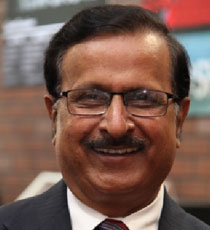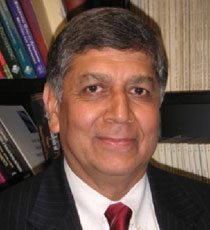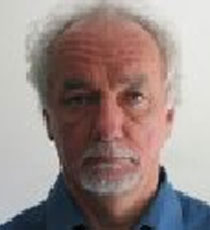R & D
Cultural history, as a discipline, at least in its common definition since the 1970s, often combines the approaches of anthropology and history to look at popular cultural traditions and cultural interpretations of historical experience. It examines the records and narrative descriptions of past knowledge, customs, and arts of a group of people. Its subject matter encompasses the continuum of events occurring in succession leading from the past to the present and even into the future pertaining to a culture.
Cultural history records and interprets past events involving human beings through the social, cultural, and political milieu of or relating to the arts and manners that a group favors. Jacob Burckhardt helped found cultural history as a discipline. Cultural history studies and interprets the record of human societies by denoting the various distinctive ways of living built up by a group of people under consideration. Cultural history involves the aggregate of past cultural activity, such as ceremony, class in practices, and the interaction with locales.
Cultural history records and interprets past events involving human beings through the social, cultural, and political milieu of or relating to the arts and manners that a group favors. Jacob Burckhardt helped found cultural history as a discipline. Cultural history studies and interprets the record of human societies by denoting the various distinctive ways of living built up by a group of people under consideration. Cultural history involves the aggregate of past cultural activity, such as ceremony, class in practices, and the interaction with locales.
 Global Unified Source for Technology Integration
Global Unified Source for Technology Integration



